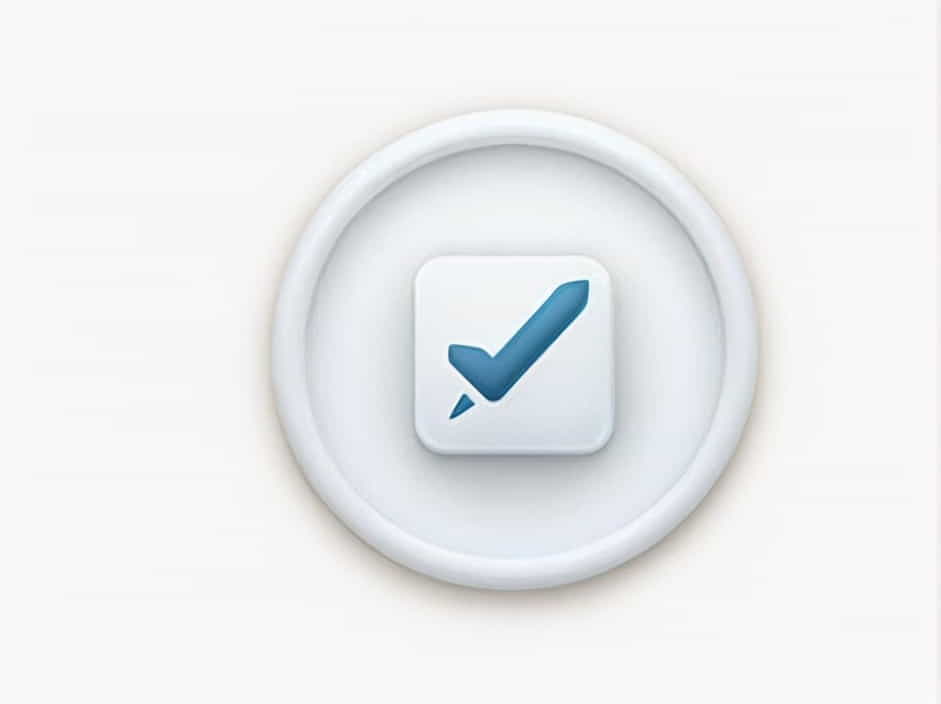As online learning becomes more common, students must follow proper netiquette—a combination of “network” and “etiquette.” Good netiquette ensures clear communication, mutual respect, and a positive learning environment.
The University of Florida (UF) Netiquette Guide provides essential rules for students to maintain professionalism and courtesy in online courses, discussion forums, and virtual classrooms.
This guide covers the importance of netiquette, essential rules, and tips for effective online communication.
What Is Netiquette and Why Is It Important?
Netiquette refers to the set of rules and behaviors that help maintain respectful, professional, and clear online communication.
Importance of Netiquette in Online Learning
- Encourages Respect – Helps students interact politely with peers and instructors.
- Prevents Misunderstandings – Reduces misinterpretation of messages and tones.
- Promotes a Positive Learning Environment – Creates a space where everyone feels comfortable sharing ideas.
- Improves Academic Success – Ensures effective collaboration and productive discussions.
UF Netiquette Rules for Online Courses
1. Use Professional and Polite Language
Online courses require formal communication, just like in a physical classroom.
✅ Do:
- Use complete sentences and proper grammar.
- Address instructors formally (e.g., “Professor Smith” instead of “Hey”).
- Keep messages clear and respectful.
❌ Don’t:
- Use slang, emojis, or informal language in academic discussions.
- Write in ALL CAPS (it looks like shouting).
- Use offensive or inappropriate language.
2. Be Respectful in Discussions
When participating in online forums or group discussions, always respect different perspectives.
✅ Do:
- Listen to others before responding.
- Keep comments constructive and related to the topic.
- Disagree politely if you have a different opinion.
❌ Don’t:
- Insult or criticize others personally.
- Dismiss someone’s viewpoint without explanation.
- Engage in online arguments or “flaming”.
3. Stay on Topic
Online discussions should focus on course-related subjects.
✅ Do:
- Post messages relevant to the assignment or discussion.
- Ask course-related questions in the appropriate forum.
❌ Don’t:
- Post off-topic comments.
- Share personal or unrelated opinions.
4. Use Proper Email Etiquette
Email is a formal communication tool between students and instructors.
✅ Do:
- Use a clear subject line (e.g., “Question about Assignment 3”).
- Begin with a polite greeting (e.g., “Dear Professor Jones”).
- Keep emails concise and professional.
❌ Don’t:
- Send emails without context or with unclear requests.
- Use text message abbreviations (e.g., “u” instead of “you”).
- Expect instant replies from instructors.
5. Follow Online Classroom Etiquette
If your online course includes live video classes or recorded sessions, follow these rules:
✅ Do:
- Mute your microphone when not speaking.
- Dress appropriately for video classes.
- Use the “raise hand” function if you want to speak.
❌ Don’t:
- Distract others by making unnecessary noise.
- Record sessions without permission.
- Engage in side conversations or multitask during class.
6. Avoid Plagiarism and Academic Dishonesty
Online learning requires honesty and integrity.
✅ Do:
- Cite sources properly when using external information.
- Complete assignments independently unless collaboration is allowed.
❌ Don’t:
- Copy from websites or classmates.
- Use AI tools or other means to generate assignments without permission.
Tips for Effective Online Communication
-
Read Messages Carefully Before Responding
- Avoid misinterpreting emails or discussion posts.
- Take time to understand the context before replying.
-
Use Clear Formatting
- Break long messages into short paragraphs for readability.
- Use bullet points or numbering when listing key ideas.
-
Be Patient and Considerate
- Understand that instructors and classmates may be in different time zones.
- Allow time for responses to emails and discussion posts.
-
Think Before You Post
- Anything you share online is permanent.
- Double-check for spelling, grammar, and tone before posting.
-
Report Inappropriate Behavior
- If you see someone violating netiquette, inform the instructor privately.
- Avoid engaging in negative interactions.
The UF Netiquette Guide for Online Courses helps students communicate effectively, respectfully, and professionally in virtual learning environments.
By following proper netiquette, students can enhance their online learning experience, build positive relationships, and create a productive academic community.
Following these guidelines ensures that online education remains engaging, respectful, and rewarding for everyone.
